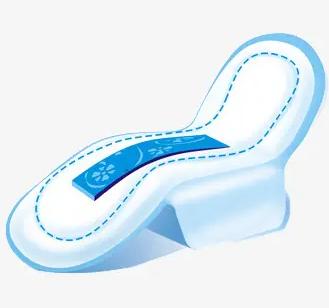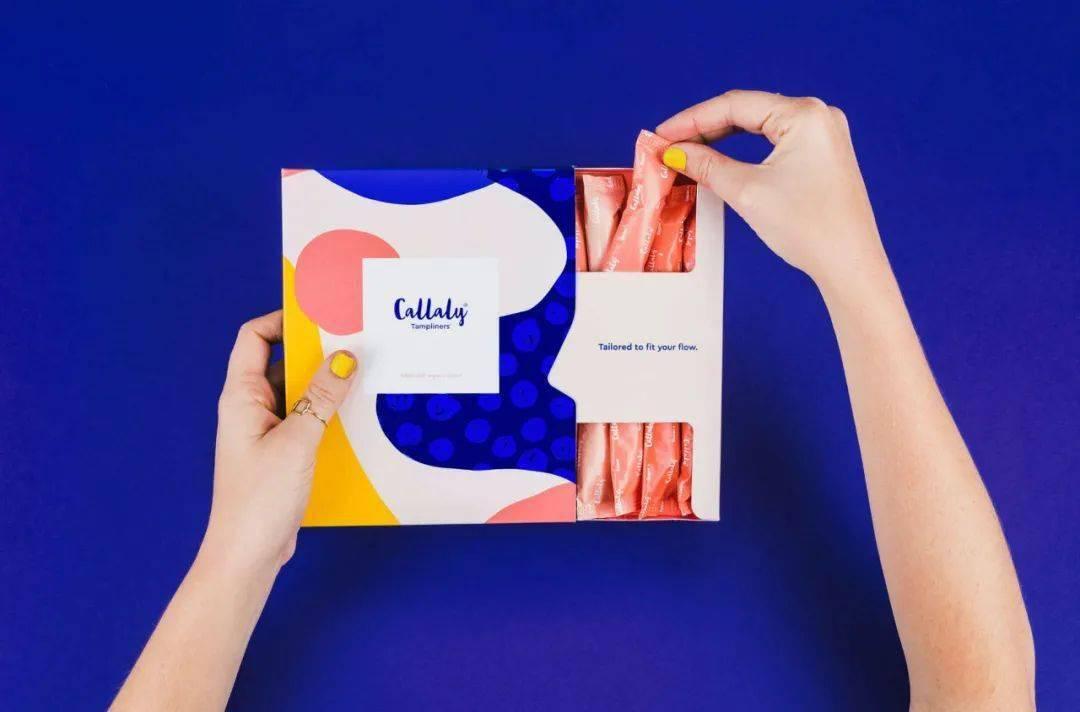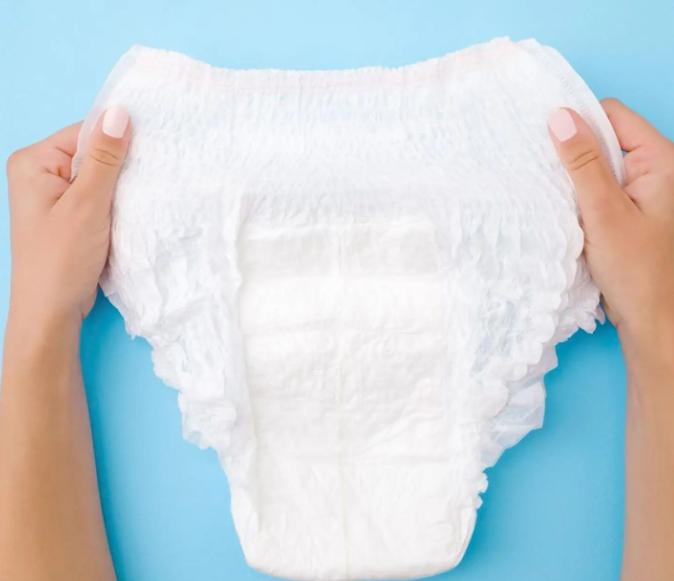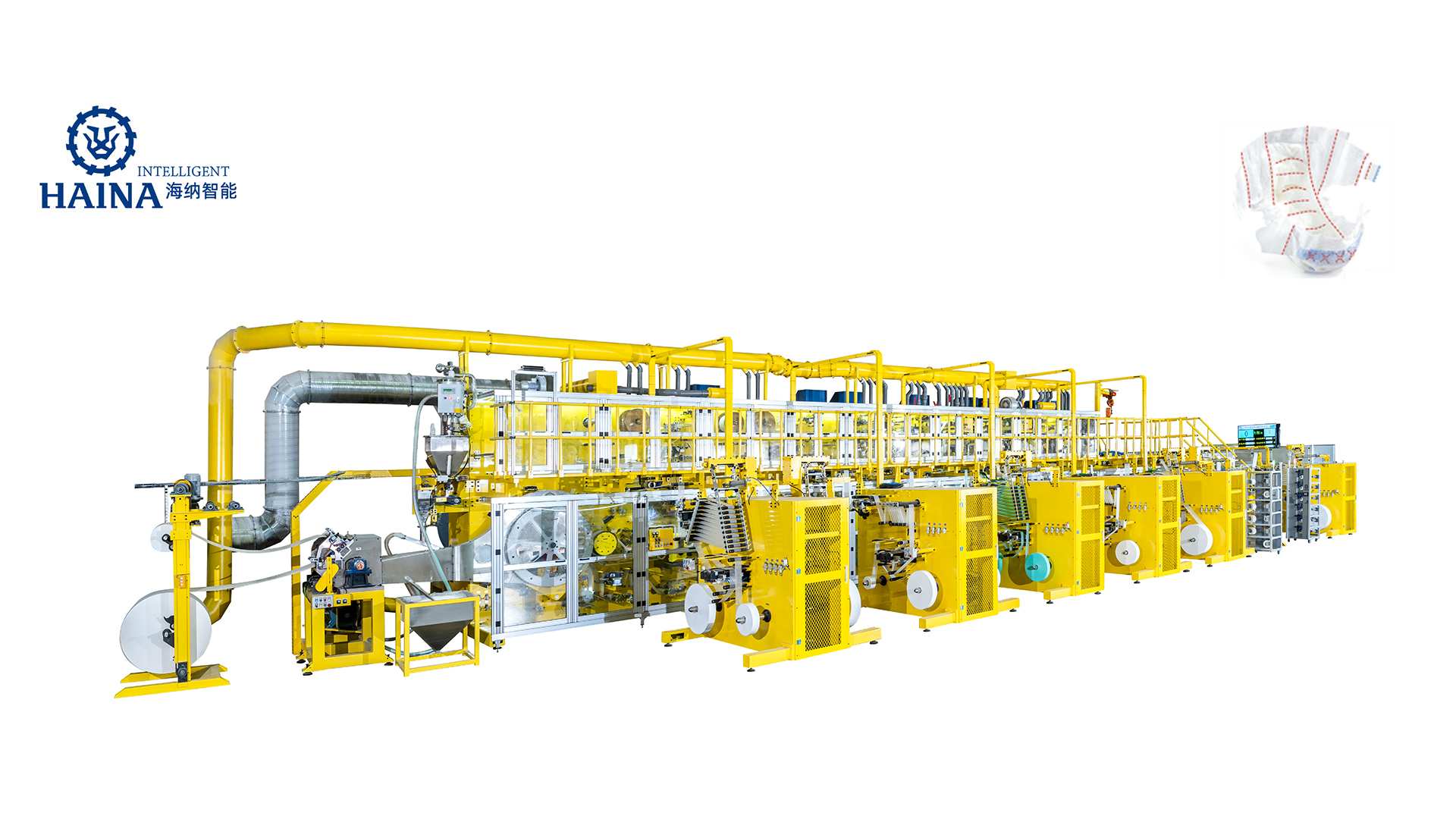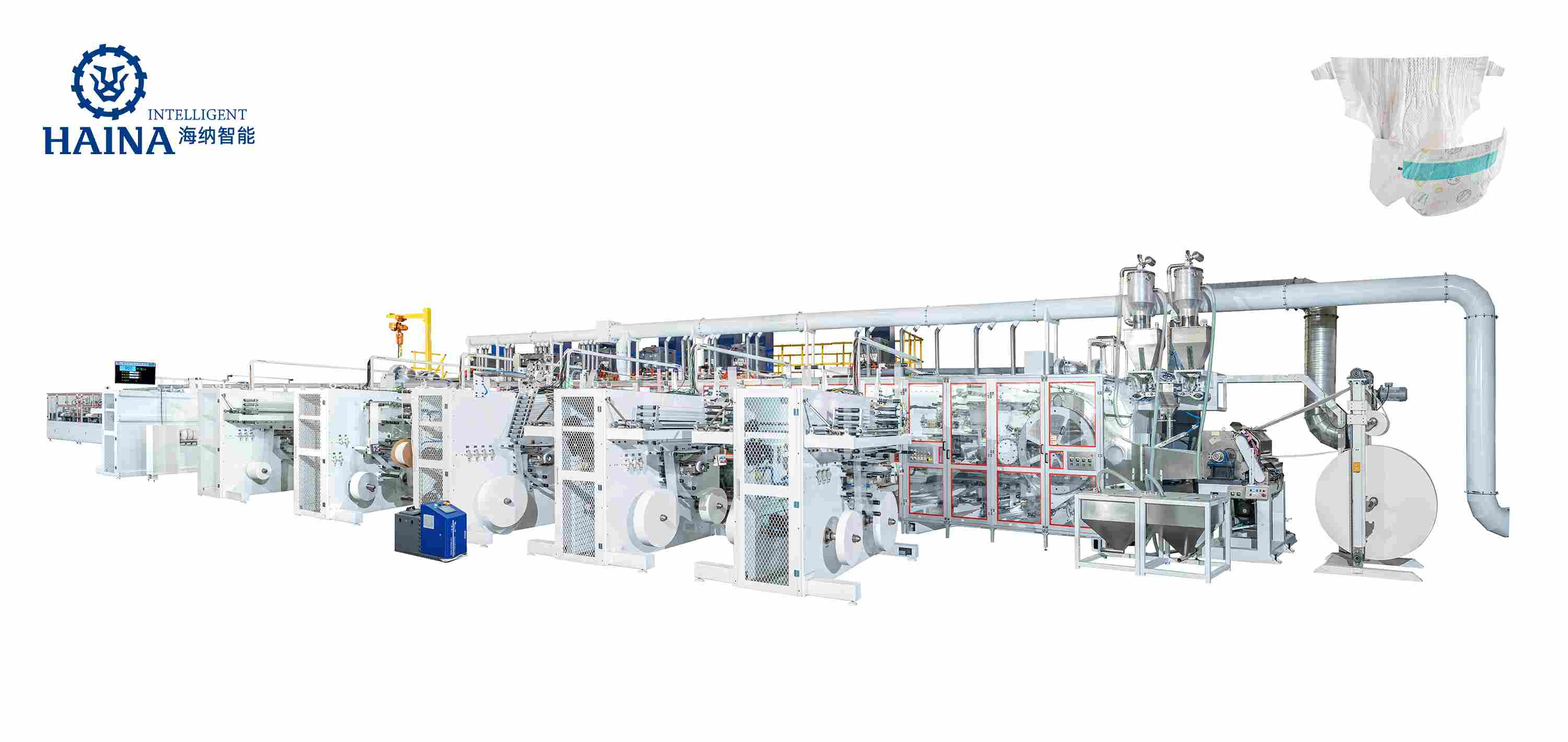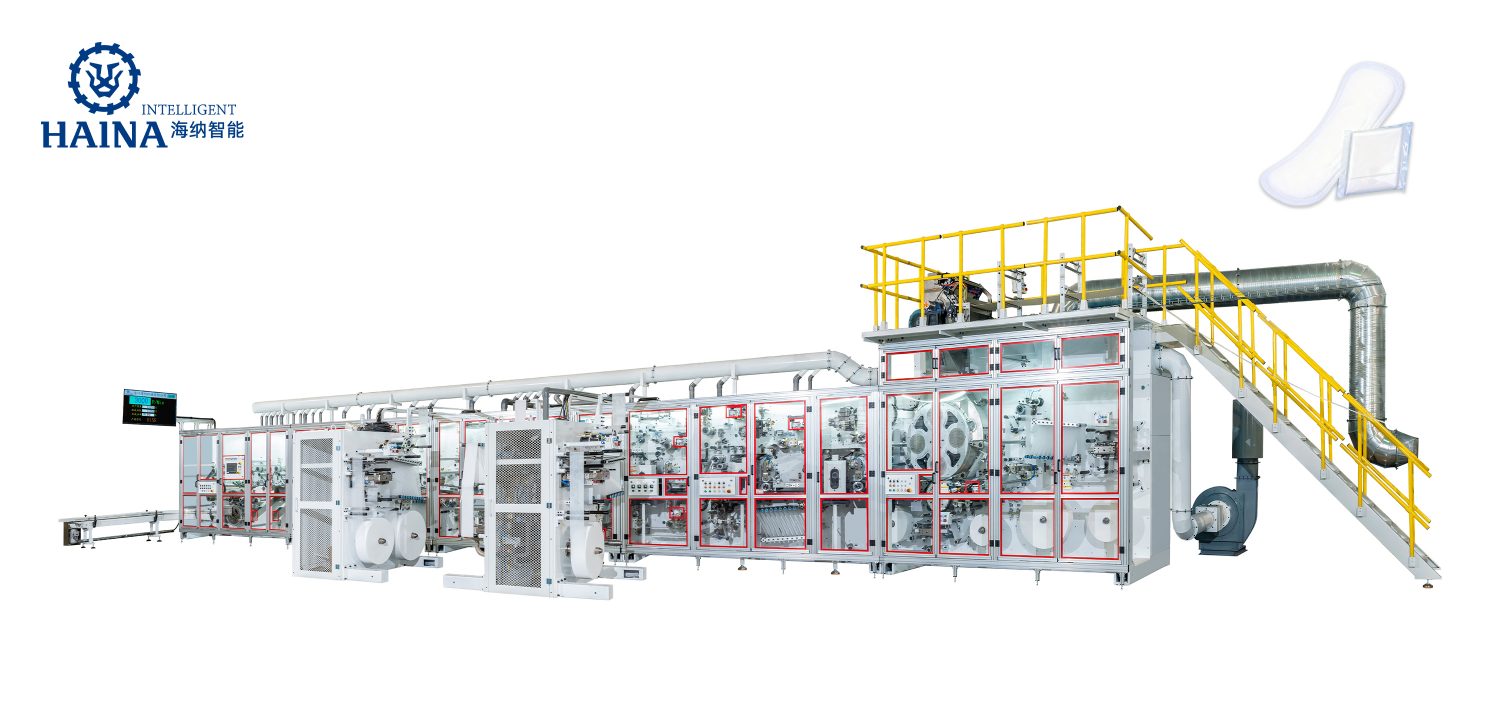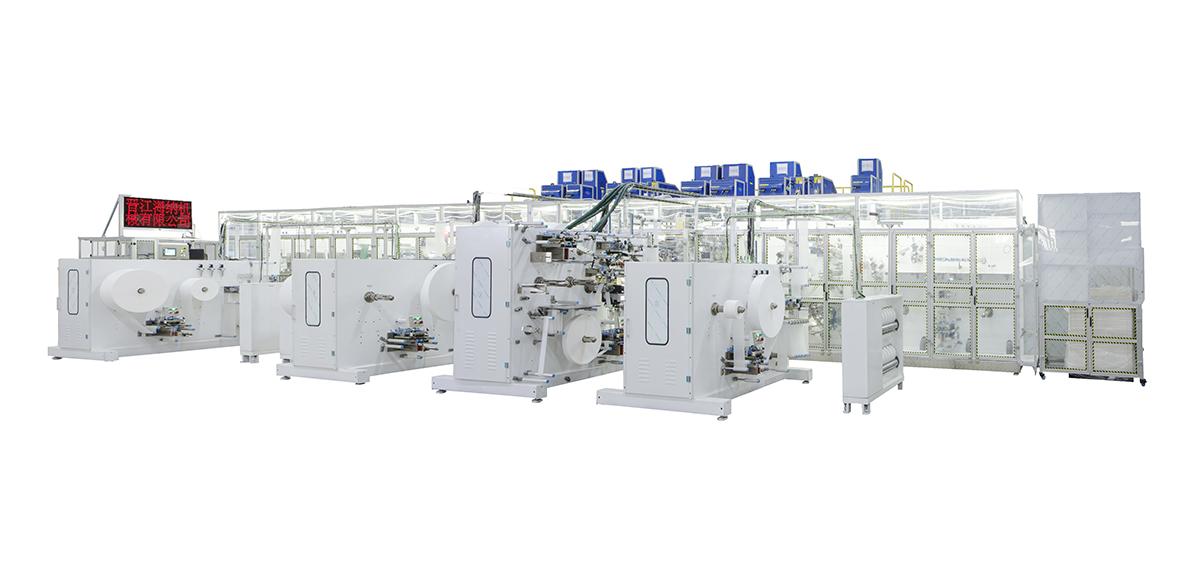Hygiene Products: The Future of Feminine Care
In recent years, the introduction of new menstrual care brands and products has continued to redefine the category. While private labels have been mainstream for decades, new brands focusing on natural materials (mostly organic cotton) are changing the feminine hygiene scene.
Callaly is committed to transforming the feminine care market with its new feminine hygiene product, Tampliner. Tampliner is the first major innovation in feminine hygiene since the invention of the first tampon 90 years ago. Tampliner is a 2-in-1 product that combines organic cotton tampons and organic cotton pads for extra protection, keeping hands clean from start to finish, and never leaking when removed.
The product is expanding sales in Europe, and it is also planned to enter the Chinese market in the second half of 2021. According to Euromonitor, tampons are the fastest growing category of feminine care products. Callaly has also invited hundreds of Chinese women to try its products in Shanghai and Beijing through a well-known market research agency. According to the survey results, 64% of testers who had never used a tampon before would definitely or probably buy the Tampliner if it were launched in China.
Tampliner was named one of the top 100 product inventions of 2020 by Time Magazine to make the world a better, smarter, and more interesting place. Thang Vo-Ta, the company's founder and CEO, said: "Our team is honored that the Tampliner has been recognized as a groundbreaking invention by the prestigious Time Magazine. The feminine hygiene industry has been failing female consumers for decades. There is hardly any R&D innovation in the field, and many female consumers have no choice but to endure dissatisfaction with women's physiological products on the market, and sacrifice their own health, comfort and convenience. With our 2-in-1 invention, we start from various Addressing these issues from an angle to truly improve women’s lives. Tampliner is a pioneer in further product innovation that has revolutionized the menstrual experience for women around the world.”
Callaly has also been ramping up product development, with a slew of new products expected later this year. Its new Super+ pads, which have a longer length, will provide extra protection and security for women with heavy traffic, and still use the same soft 100% organic cotton. The new lightly absorbent tampons and Tampliners are for women with less flow, for whom regular products absorb too much.
The company says these lightly absorbent products will allow the brand to use more relevant and tailored products to cater to women's needs at different times.
Callaly's product development team is also redesigning the mini-pad portion of the Tampliner, aiming to make it easier to use for a variety of body shapes and sizes. Tampliner is biodegradable according to ASTM D5511 test method (landfill conditions), and the brand will also work with academic institutions and industry partners to improve Tampliner's biodegradability in more conditions.
Meanwhile, new UK sanitary pad brand Planera is taking sanitary pad handling to a whole new level. Planera sanitary pads are the first certified flushable sanitary pads on the market. Using the hydraulic action of the toilet, the Planera will rupture without going into landfills or incinerators, achieving rapid biodegradation, no waste, and no microplastics. Dr Olivia Ahn, the company's co-founder, said: "You can throw them down the toilet when you're done, and they'll break down like regular toilet paper."
Planera CEO and co-founder Dr. Olivia Ahn and COO Aaron Koshy said: "Conventional plastic sanitary pads are 90% plastic, and some organic sanitary pads still contain polyethylene, even though they contain organic non- Textile composition. The plastic composition inside means they are lightweight, cheap and durable, but not suitable for disposal.”
She added that the current disposal route in the UK is incineration and landfill, of which 30% is washed away. "That's why we decided to develop flushable sanitary pads."
Planera sanitary pads are mainly made of cellulose, which degrades into starch and sugar. Ahn said cellulose was chosen for two main reasons: it is biodegradable; and it comes from a wide variety of sources.
The difficulty is how to make sanitary napkins that are absorbent and stable. To achieve this, they developed a composite structure. Designed to be as effective as traditional sanitary napkins, the Planera is soft to the touch and highly absorbent, consisting of three layers with a top layer made of biodegradable plant fibers (the cushions make the skin softer). The wood pulp core of the second layer removes the blood from the surface layer, which is converted into a gel by a biodegradable powder.
Hygiene Products: Adult Incontinence Goes Organic
While incontinence products focus more on performance than whether they contain plant-based materials, an emerging market for green products is emerging in the lightweight incontinence category. Much of the innovation has come from feminine care brands that have expanded into light bladder leak products.
In 2019, the Cora brand launched a mild bladder leak product made from organic cotton to address the leaky bladder of women in their 30s and 40s. Its lining features a first-of-its-kind scalloped shape and an ultra-absorbent pad at the front, giving women more protection where the leak actually occurs.
Meanwhile, Organyc, maker of organic cotton feminine hygiene products, launched a new line of organic cotton for mild incontinence last year. The new line of light incontinence pads and pads use certified organic cotton on the topsheet and use an absorbent core blended with cotton and SAP to remove moisture and keep you dry.
In addition to excellent absorption, the new range is proven to address and prevent skin irritations, it is dermatologically tested, contains no wood pulp or fragrance, and is GOTS certified.
Feminine care brand Nannocare recently launched NannoDry, a more form-fitting incontinence pad for both men and women. Made from 100% organic cotton, NannoDry is free of fragrances, dyes, chlorine bleach and is available in light, normal and super protection models to meet all needs. A thin absorbent core locks in moisture, while a leak-proof backsheet prevents leaks.
Nannocare's product line consists of incontinence pads made from 100% certified organic cotton, biodegradable packaging and an extremely absorbent core, with Nannogenic technology applied to help control odor and are fragrance-free. All of its incontinence pads are extremely breathable, wingless and unisex.








